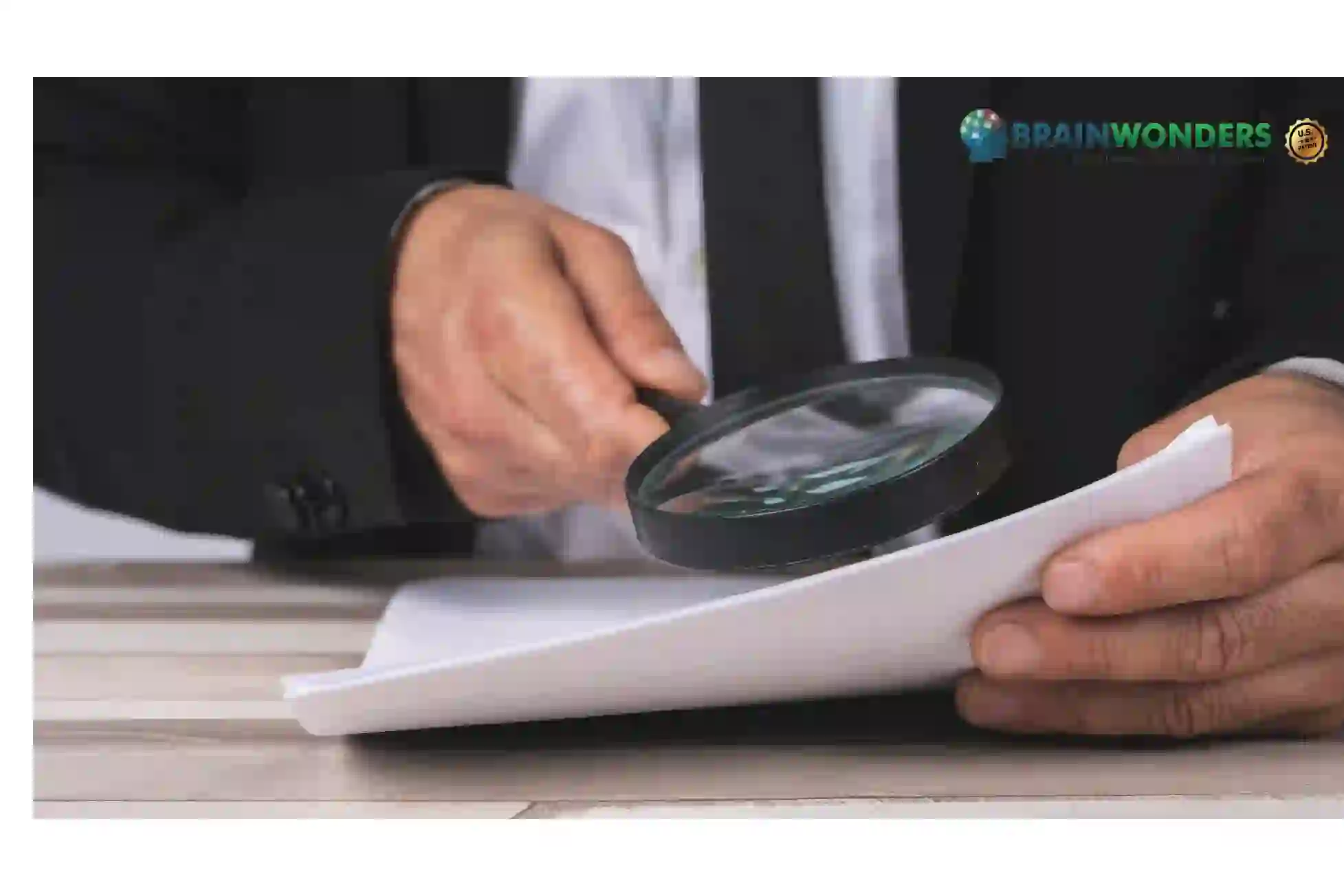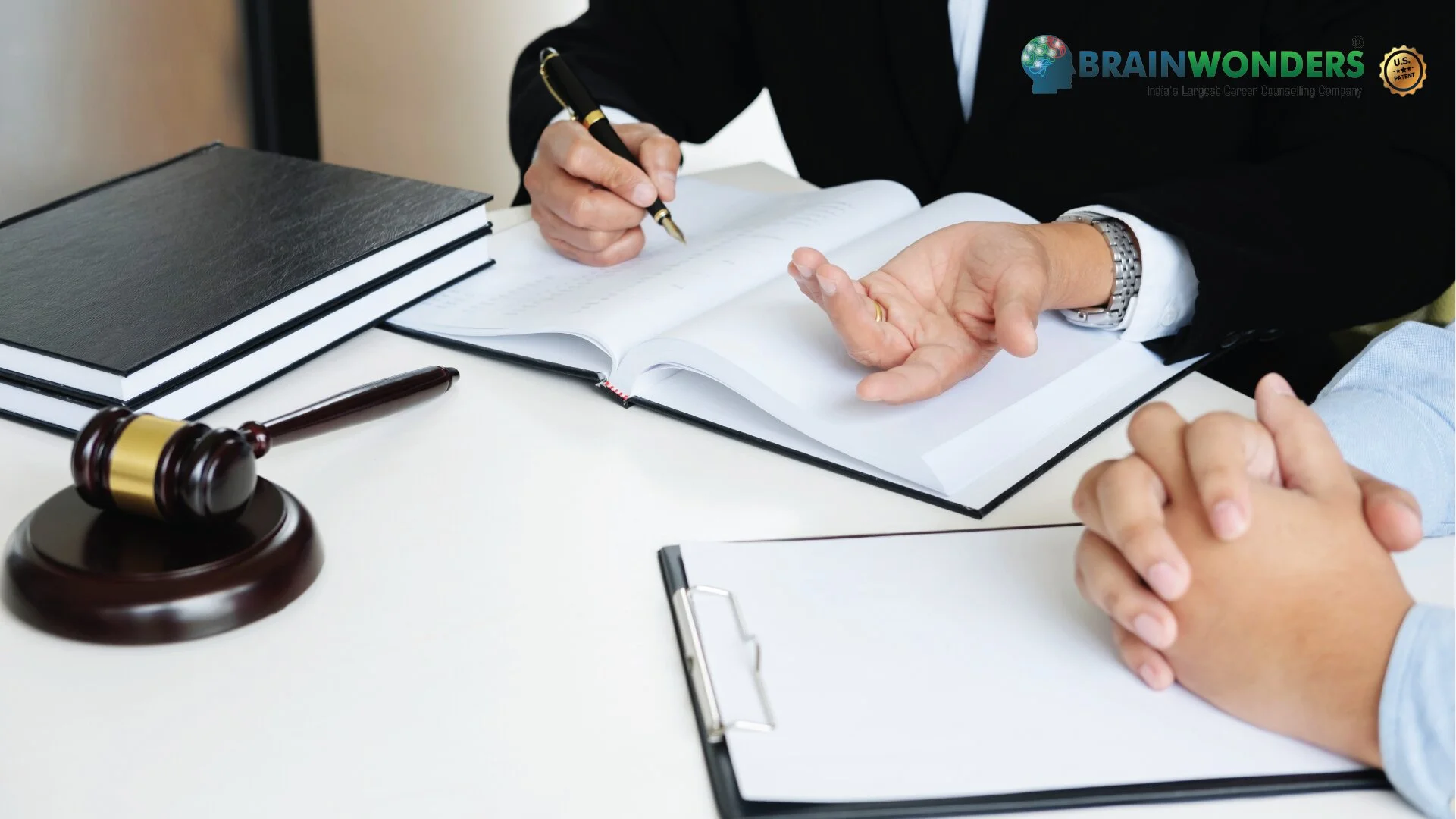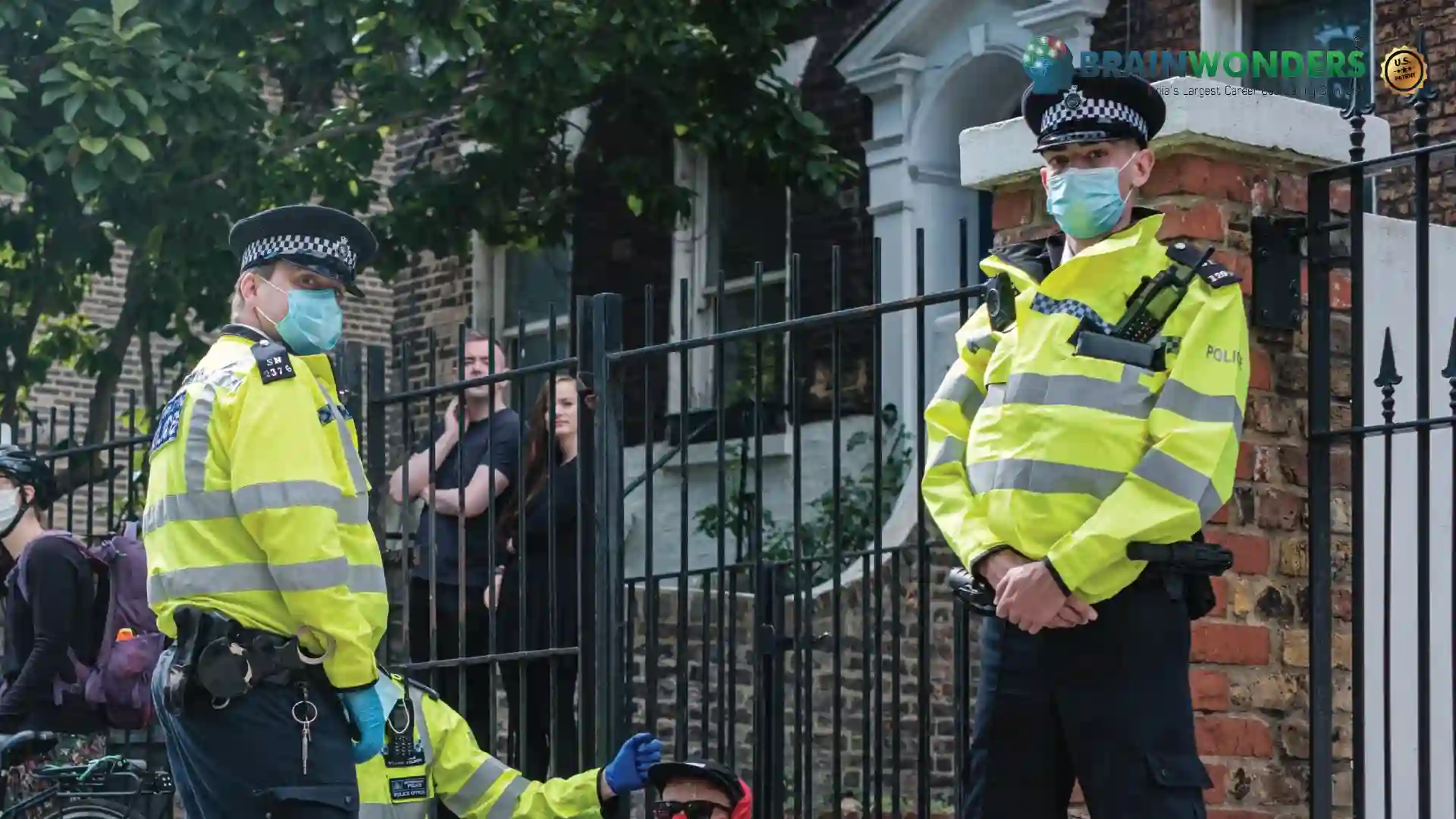How to become a Fraud Examiner, Investigator and Analyst
Overview, Courses, Exam, Colleges, Pathways, Salary

Overview
Who is Fraud Examiner, Investigator and Analyst ?
A fraud analyst meaning someone who works for a bank or financial institution investigates theft and forgery inside consumer transactions and accounts. They are responsible for monitoring and tracking the transactions and operations of the bank, which pass through the accounts of customers. It is their duty to detect and track any irregular or high-risk transactions, assess whether there is an illegal activity involved and decide if the bank or its customers are at risk. Most accounts and clients have banking trends that do not usually vary long-term. Any transactions or sequence of transactions that do not match the planned operation will create a "red flag," and a fraud analyst will investigate them. The fraud analyst will suspend the account if any unusual transactions are detected and keep it suspended until it has been verified and validated. The fraud analyst (often a bank official) will attempt to get information about any fraudulent transactions that may aid in determining the source of the transaction.
Typical day at work
What does Fraud Examiner, Investigator and Analyst do?
- Documentation of all investigative actions
- Prepare written accounts of conclusions from the investigation
- Examine financial data to find anomalies in areas like patterns in the financial relationships, billing and regulatory compliance processes
- Collecting financial records associated with investigations
- Interview or take statements from witnesses or suspects
- Assess reports of alleged fraud to decide if further investigation is required
- Carry out in-depth inquiries into illegal financial activity, like alleged attempts to launder money
- Lead or take part in teams investigating fraud
- Prepare evidence and facts for presenting in court
- Coordinate enquiries with law enforcement officials and attorneys
- Testify in court about results obtained from the investigation
- Suggest action in case of fraud
- Assess commercial operations to recognize areas of risk for fraud
- Create and preserve information of documents, logs or databases about fraudulent activities
- Preserve knowledge of current developments and events in fields like money laundering and criminal methods and tools
- Counsel companies and agencies on ways to advance detection of fraud
- Negotiate with the parties liable to prepare the retrieval of damages due to fraud
- Train others on methods for fraud recognition and prevention
- Plan, enforce or preserve the methods or procedures for fraud detection
- Carry out field surveillance to collect information associating to cases
- Research or assess novel technologies for utilization in fraud detection systems
- Arrest people charged with fraud
- Get the subpoenas and serve them.
Abilities and Aptitude needed
What are the skills, abilities & aptitude needed to become Fraud Examiner, Investigator and Analyst?
- Fraud analysts are a group of forensic investigators and behavioural experts. If you enjoy investigative work, detailed research, and many points of view, you will realise that your interests may help you build your professional competencies.
- Data science and AI (artificial intelligence) assist fraud analysts in obtaining valuable insights from the data rather than wasting time going over hundreds of transactions. It would help if you were well-versed in using the latest technology to get the job completed quickly.
- Collaborating with data scientists and programmers to make them a part of the technical framework is a significant chunk of turning your ideas into reality. Therefore, you're going to spend a lot of time communicating with co-workers and customers, and developed communication abilities are one of the most valuable abilities.
- The enthusiasm of the team with whom you work is one of the most excellent features of this profession - you are learning on the job from experienced and informed individuals. In addition, a fraud team is a hive of tasks that continuously generates novel ideas, shares knowledge and continually tries new procedures. So your work is also going to be enriching and demanding.
- To be effective in searching out new clients and building consumer and corporate expert connections, you must have a strong work ethic.
- Prioritising one 's time and cultivating a positive work ethic will take you a long way in this career.
Pathways
How to become an Fraud Examiner, Investigator and Analyst?
Entrance Exam
Entrance Exam for Fraud Examiner, Investigator and Analyst ?
Courses
Which course I can pursue?
Best Colleges
Which are the best colleges to attend to become an Fraud Examiner, Investigator and Analyst?
Industries
Which Industries are open for Fraud Examiner, Investigator and Analyst?
internship
Are there internships available for Fraud Examiner, Investigator and Analyst?
Career outlook
What does the future look like for Fraud Examiner, Investigator and Analyst?
Most companies understand the importance of creating a department for fraud in their enterprises, giving you room for strategic advancement and the ability to take on additional managerial responsibilities. A fraud analyst's typical workplace is a corporate office setting. The fraud analyst will generally be in a central or regional office, where he/she will track activity from various sources. The fraud analyst can access any form of data required to explore bothersome activities at a moment's notice.

.webp)

